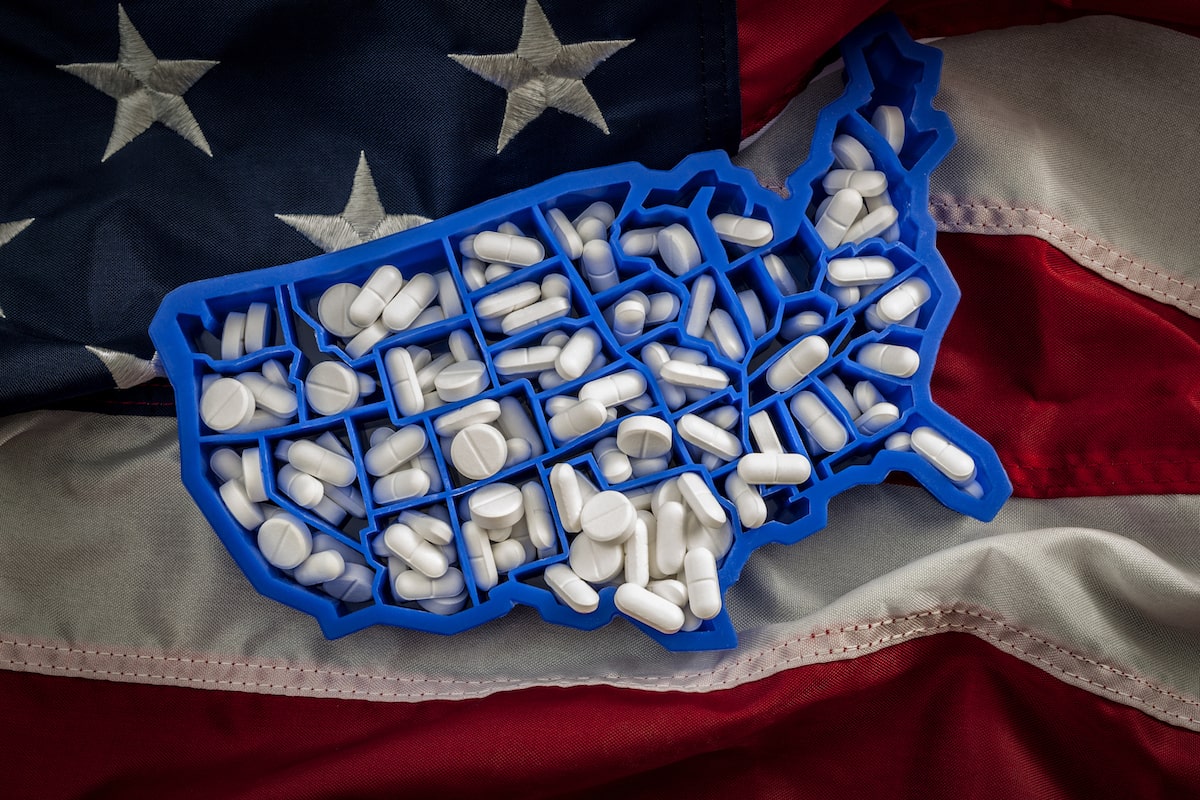<< Back
Amid Pandemic, Opioid Overdose Deaths Spike 18 Percent in State

August 27, 2020
Opioid overdose deaths jumped more than 18 percent in the first six months of this year in Connecticut, lending truth to earlier assertions by Hartford HealthCare experts that the COVID-19 pandemic would result in more use and related problems.
Dr. J. Craig Allen, medical director of Rushford in the system’s Behavioral Health Network and the system’s vice president of addiction services, said the state numbers indicate that more people need treatment and support services for substance use disorder (SUD) right now.
The spike, he said, might be due to “the way people have been coping with stress and anxiety” during the pandemic. Despite the reluctance of many to go into a medical facility for care, he has said Rushford’s services have been in high demand.
“(The way they) may have gotten themselves into recovery from substance, those things are removed,” Dr. Allen said. “Their therapist may be removed, maybe the AA group or the NA group they were going to doesn’t meet in person anymore.”
Services at Rushford and other Hartford HealthCare facilities continued either in person, for inpatient care or via virtual health throughout the first wave of the pandemic, he said. The system initiated guidelines to accommodate social distancing measures designed to protect staff and patients against COVID-19 starting in late winter. There have consistently been spots available system-wide for detoxification and other treatment services aimed at opioid users.
State data shows that 647 people died from drug overdose in the first six months of the year, nearly 18 percent more than the same time last year. Most of these deaths were attributed to overdosing on the synthetic opioid fentanyl, a substance 100 times more potent than morphine. Use of fentanyl, which many dealers lace into other drugs so users unknowingly take it, is increasing.
The stress of today’s world situation and a potential launch of a second wave of the COVID-19 pandemic can greatly affect SUD rates.
“It’s important to identify (problems) as soon as possible and try to intervene because once these disorders progress, they are harder to treat,” Dr. Allen said. “We’re looking for people who want extra support and help.”
For more information about Rushford, click here.
Not feeling well? Call your healthcare provider for guidance and try to avoid going directly to an emergency department or urgent care center, as this could increase the chances of the disease spreading.
Click here to schedule a virtual visit with a Hartford HealthCare-GoHealth Urgent Care provider.
Stay with Hartford HealthCare for everything you need to know about the coronavirus threat. Click here for information updated daily.
Listen and subscribe to Hartford HealthCare’s More Life series on Apple Podcasts by clicking here.
Stay fit. Stay happy. Stay healthy. And keep on top of COVID-19 with Hartford HealthCare’s daily text alerts. Subscribe by texting MoreLife to 31996.